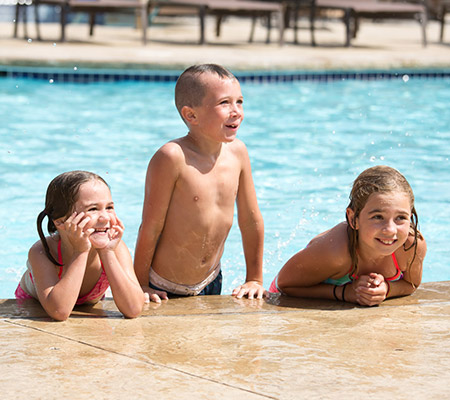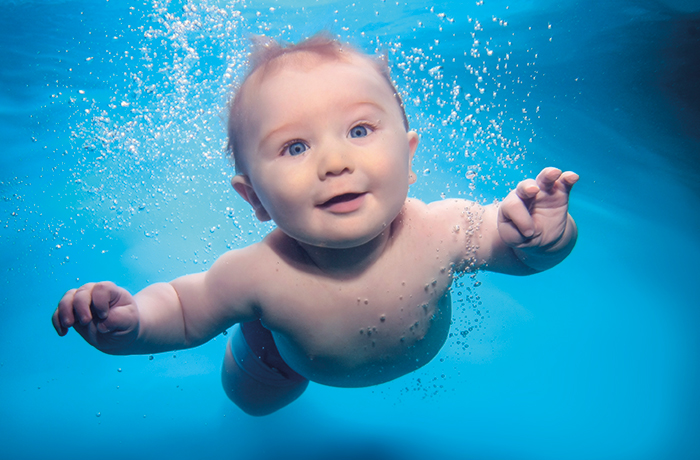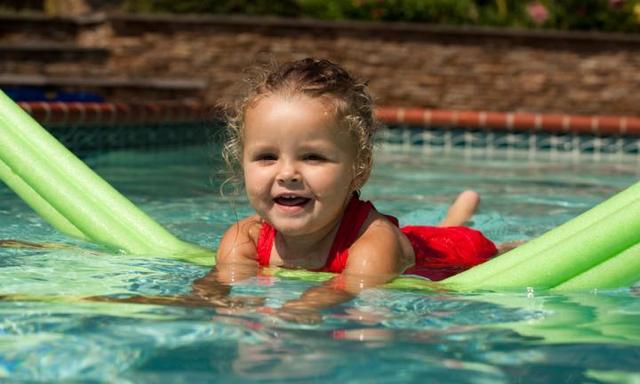Child Cough After Swimming
Swimmers cough because of swimming pool disinfection byproducts DBPs that go airborne. Symptoms occurring with your childs cold can help you determine whether swimming is a good idea.

Don T Panic Over Dry Drowning Reports Er Docs Say Consumer Health News Healthday
Happens to my DD who has EIB exercise induced bronchiospasm -- a.

Child cough after swimming
. Such coughs typically clear up within 14 days although recovery can sometimes take 3 to 4 weeks. However if you experience breathing difficulties for more than 30 minutes seek medical attention as a means to rule out any additional severe complications. Either way there is an abundance of research showing that inhaling these airborne pollutants is unhealthy.For example if your child sputtered and coughed while swimming but then an hour or two hours later starts having progressively worse bouts of coughing. Overchlorinated pools can cause a cough like that. These airborne DBPs are commonly referred to generally as chloramines but include other things like trihalomethane and cyanogen chloride.
The water itself is gone but the lungs become inflamed. Symptoms of tightness of the lungs after swimming include wheezing chest tightness and coughing. He or she may suck at the air as though desperately trying to draw a deep breath.
Over time a reaction develops in the lungs. Call your pediatrician if. Encourage your child to wear earplugs while swimming.
A common symptom of secondary drowning is an intermittent distressed cough where your childs body seems to tense with the effort. Kids with EIA often begin having symptoms 510 minutes after starting to exercise though some kids only get them after they stop being active. Airway hyperresponsiveness which can be seen in asthma occurs when the bronchial tubes in the lungs spasm abnormally and can lead to coughing and tightness in the chest.
It made swimming a struggle for him to constantly be. Like the mother in Florida described the child may cough a bit and go right back to playing. This is known as auscultation during which you inhale and exhale deeply.
Symptoms of secondary drowning include. Your childs voice becomes hoarse and has a barking productive cough. If the symptoms are the result of exercise-induced bronchoconstriction or asthma these usually come on right after youve finished exercising and can last for up to 30 to 60 minutes.
If youre a competitive swimmer it could be easy to confuse these symptoms with the effects of strenuous training. Keep your child well hydrated have her blow her nose suction nose for infants and rest. Put the hair dryer on the lowest setting and hold it at least a foot about 30 centimeters away from the ear.
That shuts off their airways making it hard to. Your doctor will perform a physical examination and listen to your lungs using a stethoscope. I dont know how serious it is if at all but I have heard of it before.
According to medical experts symptoms of dry drowning also known as secondary drowning include trouble breathing persistent coughing sleepiness and fatigue and vomiting. Cold and Cough in Toddlers The common cold a type of upper respiratory infection is the most frequent cause of a short-term cough. The common cold often produces a wet productive-sounding cough with mucus or phlegm behind it.
With our son who was hospitalized as a toddler with asthma the cough would turn into an upper respiratory infection and last for weeks. Linda Quan national drowning expert and pediatric emergency specialist at Seattle Childrens Hospital. You take in a bit of water and sputter and cough but seem OK shortly thereafter.
Instead breathing in water causes your childs vocal cords to spasm and close up. Symptoms usually peak 510 minutes after stopping the activity and may take an hour or longer to end. If breathing difficulty coughing or other troubling symptoms of water in lungs from swimming develop days later its also time to get prompt medical attention.
Its is a very mild form of drowning says Dr. Secondary drowning also called near drowning happens when a little water enters the lungs. After swimming dry your childs ears by wiping the outer ears gently with a soft towel or use a hair dryer.
Due to exertion during swimming bronchoconstriction ie. Coughing up a minor amount of phlegm is relatively normal due to your bodys natural response to swimming. Antibiotic donot play a role unless there is added infection.
With so-called dry drowning water never reaches the lungs. Narrowing of air passagebronchioles occurs resulting in reflex in the form of cough. If your child has a cold specific medications are not needed.
Symptoms tend to appear about 24 hours later. Your children are suffering from allergic bronchitisasthma.
Dry Drowning What It Is And How It Can Kill Kidspot

Four Children Playing In A Swimming Pool With Googles On Childrens Health Pediatric Medicine Kids Playing

Dry Drowning Separating Fact From Fiction Health Essentials From Cleveland Clinic

10 Natural Remedies For Sunburns Parents Dry Drowning Symptoms Natural Remedies For Sunburn Sick Kids

Should Parents Be Concerned About Secondary Drowning After A Swimming Lesson Texas Swim Academy Katy Texas Swim Lessons Baby Swimming Swimming

Secondary And Dry Drowning Should You Be Worried Shine365 From Marshfield Clinic

Can My Baby Still Swim When They Are Ill Swimbabes Lessons

Know The Signs Of Dry Drowning And Secondary Drowning Dry Drowning Symptoms Drowning Health And Safety

Post a Comment for "Child Cough After Swimming"